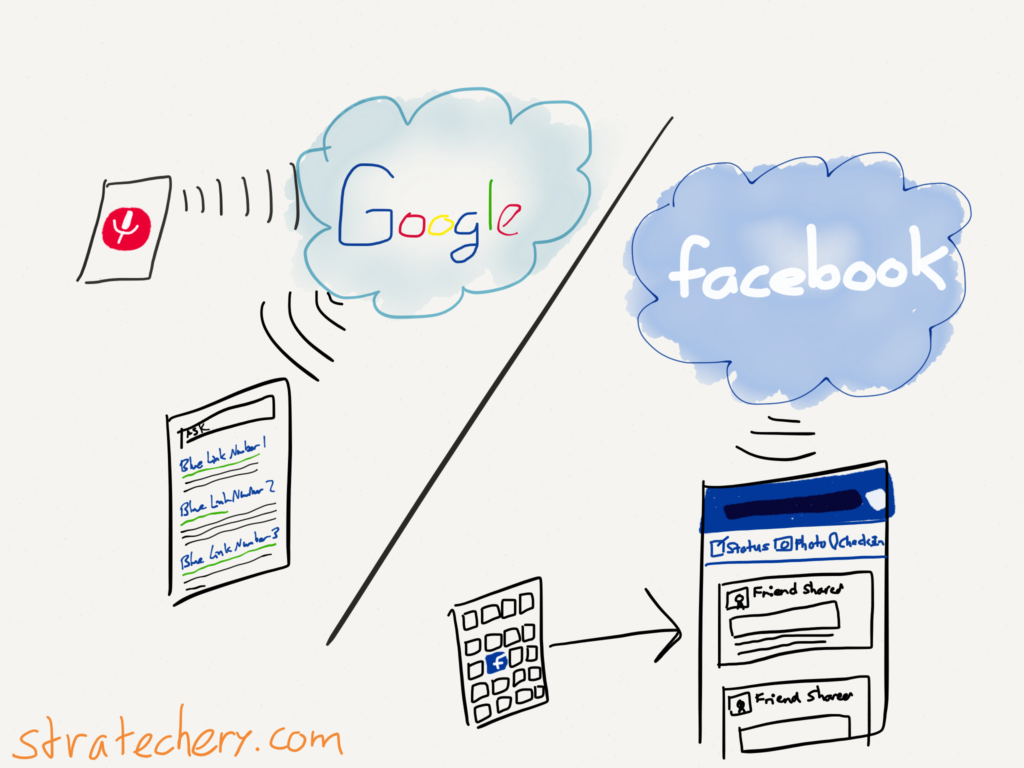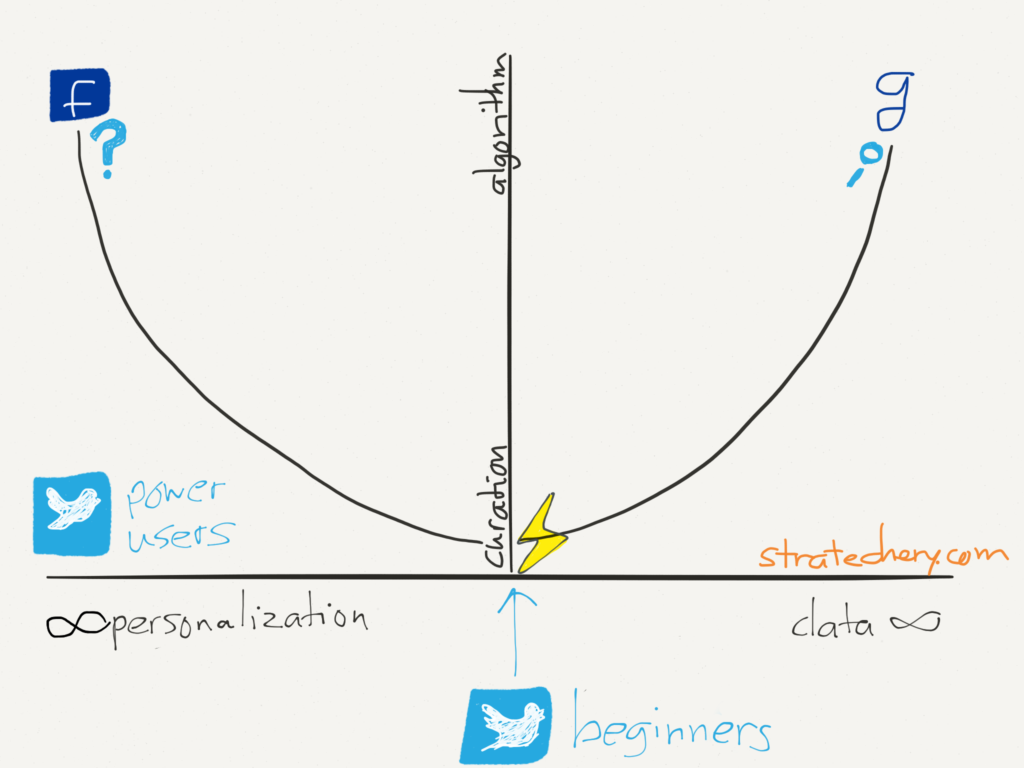The 2015 Stratechery Year in Review
The 2015 Stratechery Year in Review
2015 was Stratechery’s third year, and the first one I spent completely devoted to it full-time. This year I wrote 47 free Weekly Articles and 180 subscriber-only Daily Updates . Given that most were between 1800 and 2000 words, that’s the equivalent of about 6.5 books!
Here are the highlights (here are the 2014 and 2013 editions):
The Five Most-Viewed Articles:
- Why Web Pages Suck — Everyone complains about web pages that suck, but the reality is that it is advertisers who call the shots. This should, at a minimum, put Facebook’s Instant Articles and Apple’s News app in a new light
- Why BuzzFeed is the Most Important News Organization in the World — The key to sustainable, ethical journalism is aligning the business and editorial sides of a publication. No company has done a better job of doing that on the Internet then BuzzFeed
- Apple’s New Market — Apple is on the verge of leaving the narrowly-defined smartphone market behind entirely, instead making a play to be involved in every aspect of its consumers’ lives. And, if the importance of an integrated experience matter more with your phone than your PC, because you use it more, how much more important is an integrated experience that touches every detail of your life?
- Twitter’s Moment — Twitter has had a rough stretch, and most are pessimistic about its chances. I was previously, but I think the upside is looking much brighter than it did before this week
- Apple Watch and Continuous Computing — The Apple Watch’s success depends on three things: the physical design, the interaction model, and how it interacts with its environment. It’s on the right track

Five Big Ideas
- Aggregation Theory — The disruption caused by the Internet in industry after industry has a common theoretical basis described by Aggregation Theory
- Netflix and the Conservation of Attractive Profits — Netflix has a lot more in common with Uber and Airbnb than you might think: it all comes back to the Law of Conservation of Attractive Profits, a core principle of disruption
- Airbnb and the Internet Revolution — Airbnb gets less press than Uber, but in some respects its even more radical: understanding how it works leads one to question many of the premises of modern society from hotels to regulations. It’s an important marker in the Internet Revolution
- Beyond Disruption — Clayton Christensen claims that Uber is not disruptive, and he’s exactly right. In fact, disruption theory often doesn’t make sense when it comes to understanding how companies succeed in the age of the Internet
- The End of Trickle-Down Technology — Reaching developing markets depends on understanding that consumers with a small budget are very different from consumers who aren’t interested in spending much

Five Company-Specific Posts
- The Facebook Epoch — First came the PC, and on top of the PC the Internet. Then, mobile, but what will rule mobile?
- From Products to Platforms — Apple was at its best in its most recent keynote: unveiling the sorts of products the company is uniquely capable of creating. The question, though, is whether the company has the vision and capability of making those products into platforms
- The AWS IPO — AWS has long been a question mark when it comes to Amazon: it’s a good idea, and it makes money, but like it’s parent company, will it ever be profitable? The revelation that AWS is already very profitable indeed is a really big deal both for AWS but also for Amazon itself. (Related: Venture Capital and the Internet’s Impact )
- Old-Fashioned Snapchat — How Snapchat is positioning itself to win an outsized share of television’s brand advertising
- Slack and the State of Technology at the End of 2015 — Slack has announced the Slack Platform. It’s an obvious move, but it’s the obviousness that indicates what a huge opportunity it is

Five Posts About the Media Business
- Grantland and the (Surprising) Future of Publishing — ESPN’s decision to close Grantland seems to be more evidence that there is no future outside of massive scale or one-man operations. Bill Simmons’ recent successes, though, suggest that the answer could be the exact opposite
- Popping the Publishing Bubble — For years publishers haven’t had to worry about business models: they just captured attention and watched the money come in. Those days, though, are over: the publications that survive will start with business models and build journalism around it
- Verizon-AOL, Facebook Instant Articles, and the Future of Digital Advertising — Two seemingly unrelated stores — Verizon buying AOL. and Facebook offering publishers the option of Instant Articles — are actually very much connected: advertising online is undergoing a fundamental shift, and while there will be a few big winners, there will be a lot more losers. (Related: The Facebook Reckoning )
- The Changing — and Unchanging — Structure of TV — The way we get TV may be changing, but the importance and defensibility of great content will persist (Related: Why Disney and ESPN Will Be OK )
- Tidal and the Future of Music — Predicting success and failure is about understanding who has leverage. In the case of music, the winners will be the labels, not the artist. But perhaps there is hope for tomorrow. (Related: Apple Music and Apple’s Focus )

Five Daily Updates
(Please note that these are subscriber-only links; you can sign-up here )
- June 5 — Tim Cook’s Unfair and Unrealistic Privacy Speech, Strategy Credits, The Privacy Priority Problem
- August 17 — The New York Times on Amazon, Jeff Bezos’ Email, Why Work for Amazon
- August 31 — Ballmer’s Bad Bundle Economics, Netflix Loses Epix Movie Deal
- September 21 — Malware Hits iOS, The Importance of the App Store, XcodeGhost: What Happened and What Now?
- October 12 — AWS Re:invent, Pure Storage IPOs, Dell to Buy EMC; Enterprise Disruption; Dell’s Logic
Plus five more:
- October 27 — Chase Pay and the Payments Stack, Apple Pay and Opportunity Cost, Applying Aggregation Theory
- October 28 — Stop Doubting the iPhone, The Macintosh Company
- Novenber 17 — Marriott Acquires Starwood, Online Travel Agents and Aggregation, Surviving as an Incumbent
- November 20 — Adele Won’t Stream 25, Windowing Versus Piracy
- December 22 — SpaceX Makes History, SpaceX and Unicorns, Disney in the Age of Abundance

Happy New Year. I’m looking forward to a great 2016!
文章版权归原作者所有。
